All Eyes on Gaza: An Elegy of Defiance in the Context of Systemic Violence in Palestine
Introduction
Injustice anywhere is a threat to justice everywhere. We are caught in an inescapable network of mutuality, tied in a single garment of destiny. Whatever affects one directly, affects all indirectly. [i]
West Asia has become the new world battleground where one of the deadliest attacks in the history of humankind has been launched by Israel in Gaza, killing more than 34,000 Palestinians in air and artillery strikes since October 2023. [ii] While the world powers have mostly chosen to remain strategically indifferent to this modern day genocide, which is still being carried out on the streets of Gaza, university students across the globe have offered a neo-prophetic resistance against Israel through their encampment and divestment protests that have not only rocked the universities and grabbed global attention, but also highlighted a new form of violence that has emerged from the shadows.
Framing the lens
This issue can be analyzed using the concept of Systemic Violence proposed by Slavoj Zizek in his well-read book Violence. Zizek differentiates between Subjective Violence, which emanates from clearly identifiable agents, and Systemic Violence, which is often the catastrophic consequences of the smooth functioning of our economic and political systems and is precisely the violence inherent to this ‘normal’ state of things.[iii] According to Zizek, violence which is enacted by social agents, evil individuals, disciplined repressive apparatuses, fanatical crowds try to distract our attention from the true locus of trouble, by obliterating from view other forms of violence and thus making us actively participate in them.[iv] Zizek states that the fate of whole strata of the population and sometimes of whole countries can be decided by the ‘solipsistic’ speculative dance of capital, which pursues its goal of profitability in blessed indifference to how its movement will affect social reality and hence this violence is no longer attributable to concrete individuals and their ‘evil’ intentions, but is purely ‘objective’, systemic, anonymous.[v]
Hence two opposite but contemporary modes of excessive violence emerge the ‘ultra-objective’ or systemic violence that is inherent in the social conditions of global capitalism, which involves the ‘automatic’ creation of excluded and dispensable individuals from the homeless to the unemployed, and the ‘ultra-subjective’ violence of newly emerging ethnic and/or religious, in short racist, ‘fundamentalisms’.[vi] The global student protests through their call to nations and universities to participate in the BDS movement (Boycott, Divest, Sanctions) bring to light the systemic violence unleashed on the displaced and persecuted Palestinian population by the nations, esp. the universities through their active collaboration with Israel and Jewish companies and universities in academic and economic realms. The paper attempts to analyze the complicit support provided by the nations and the global universities to Israel in their war against humanity and evaluate how the student protests expose their hypocrisy by re-imagining prophetic consciousness through an elegy of defiance.
Onslaught of Subjective Violence
The Israeli-Palestinian conflict dates back to the end of the nineteenth century[vii] when in 1947, the UN voted for Palestine to be split into separate Jewish and Arab states, resulting in the creation of the State of Israel. It was intended to be a safe haven for Jews fleeing persecution, as well as a national homeland for Israel. [viii]After multiple military conflicts that marred the small strip of Palestine since 1945, today there are about 60 lakhs Palestinian refugees scattered across Israel, the Jordan – controlled West Bank and Egypt - controlled Gaza strip, making it the “world’s largest stateless community.”[ix] The present war started as a response to the deadly attack on Israel by Hamas on October 7th, 2023, which left almost 1200 dead. [x] Israel’s atrocity in Palestine include an attack on a humanitarian convoy, killing several foreign aid workers, destruction of a hospital with hundreds killed inside and a fierce strike on the refugee city of Rafah, an area designated as safe zone by Israel itself. The impact of this war has been disastrous for Gaza. Most of Gaza’s pre-war population of 23 lakh people has been displaced, more than 37,000 people (roughly 1.7% of the enclave’s population) have been killed, and over 86,000 people (roughly 3.7% of the population) wounded. [xi]
Global Complicity in Systemic Violence
The complicity of the world, esp. the U.S. and Europe in Israel’s genocide against Palestine is both shocking and criminal. Israel’s 76 years of settler-colonialism, apartheid, ethnic cleansing and military occupation, and now also a live-streamed genocide have been perpetrated mostly with imported weapons supplied by U.S. and Europe.[xii] These weapons which are provided in spite of the U.N. Human Rights call for a comprehensive arms embargo on Israel are turning the Gaza Strip into a graveyard for women and children.[xiii]Even as Israel’s Western allies face the possibility of charges for complicity in war crimes, many continue to send weapons to Israel and withhold funds from the main United Nations agency working in Gaza, despite the very real threat of famine among its population of roughly two million people.[xiv]The US government's and American officials' continued support for Israel and military aid constitute violations of "conspiracy to commit genocide" and "complicity in genocide," as outlined in Article 3 of the 1948 Convention on the Prevention and Punishment of the Crime of Genocide, distinct from the act of genocide itself.[xv]The attack which started as a retaliation to the cross – border attack by Hamas on October 7th, 2023, has soon turned into a Zionist political project to not just exterminate the militant group but also to destroy and determine the destiny of millions of Palestinians.
B.D.S Movement – Calling Out the Systemic Violence
The subversive act of students calling for the universities to boycott and divest from Israel companies that they claim support Israel policies has dovetailed with an almost two-decade-old movement called BDS for Boycott, Divestment, Sanctions. BDS began in 2005, inspired by the boycotts that helped end apartheid in South Africa and the non-violent methods of the U.S. civil rights movement. This movement protests Israel’s actions in the Palestinian territories by targeting businesses and institutions accused of aiding violations of Palestinian rights. [xvi] BDS is a coalition of Palestinian organizations endorsing a system in which activists decide what to target and how and has over the years pressured some companies to end investment in Israel, and others to pull operations out of the occupied West Bank. [xvii]
BDS exposes the systemic violence unleashed by the States and Universities through their subtle support to Israel that serves their economic interests. It points to the fact that war is just not subjective but systemic too where various stakeholders ardently contribute to the violence to serve their purposes. Luqa AbuFarah, the North American coordinator of the BDS National Committee states that BDS is the most effective way for people of conscience to put their solidarity with Palestinian human rights into action. [xviii] An Israel government report leaked in 2015 and estimated that the BDS may cost the Israel economy $1.4 billion per year. [xix] BDS asks supporters to abstain from Israeli cultural institutions, and even to refrain from working with Israeli universities and academics that it alleges help prop up dehumanizing narratives about Palestinians and the occupied territories. [xx]
Students Protests – An Elegy of Defiance
As Israel faces a strategic defeat in Gaza with the Palestine question back in West Asia’s geopolitics, the student movement siding with the BDS has played a pivotal role in bringing back the world’s attention to this blatant genocide that has rocked the foundations of civilian life in this era. The protests brought to light the hypocrisy of global universities which condemn the attack by Israel on Gaza and declare their support for peace initiatives through dialogues while at the same time being complicit in this systemic violence by investing directly in Israeli firms through the stock market and through alternative investments, and indirectly through investing in non-Israeli firms that do business with Israel. [xxi]Hence their demand that universities’ divest from these collaborations not only implied pulling out of investments in companies made with money from the university’s endowment fund, it also played a pivotal role in exposing the backdoor support Israel was receiving from the leading academic centers of the globe. [xxii] There were more than 400 such demonstrations by the end of April 2024 just in the U.S., with many more in Canada and other countries. Students at universities across the U.S., U.K., and Canada set up protest encampments on campuses and demanded the State to divest through the sale of financial assets either related to Israeli companies or shares in other corporations perceived to assist the Israeli military and the disclosure of those financial ties. Students also called on their institutions to boycott Israeli universities and exchange programs, to have an open dialogue about the war on Gaza, to condemn the killing of Palestinian civilians, and to protect students, faculty, and staff who are speaking up for Palestine from harassment and censorship. [xxiii]
Global Success Stories – Setting an Alternative Narrative
The protests on college campuses in the spring of 2024, including those with prolonged encampments, have had, at best, modest success. For example, Brown University protesters managed to persuade the administration to hold a vote on divesting from companies connected to the Israeli military. In return, the protesters agreed to dismantle their encampment. Portland State University administrators agreed to pause its relationship with Boeing, which is a military contractor as well as a civilian aircraft manufacturer. Perhaps most importantly, though, the protests have helped place Palestinian human rights demands squarely in the public eye. [xxiv] Several other universities like the Union Theological Seminary, New York, University of Washington, Harvard University, John Hopkins University, Baltimore, University of Wisconsin – Madison, Evergreen State College, Washington, California State University, Oriental College, Los Angeles, Rutgers University, New Jersey, University of Minnesota, Northwestern University, Illinois, Ontario Tech University, Canada, Trinity College, Dublin, University of Barcelona, and several other universities worldwide have agreed to the demands to different levels. Not only have these initiatives brought the world's attention to Gaza once again, but it has also brought the onus back on global powers and academic centers to address this genocide happening in broad daylight. Hence the political impact of divestment demands has been far more than economic. The protests have added pressure on all stakeholders to support a ceasefire and to strive for a lasting solution to this issue.
A Christian Ethical Response
The students’ protests draw the attention of the world towards the concept of ethical investing, i.e. investing in companies that do good to the world is a way of creating a parallel narrative to the one that sustains death and destruction, thereby channelizing the resources and sentiments of the larger public towards a politics of life over death. The general public which was mostly unaware of the BDS movement is now interested and on social media sites such as X and Tiktok, using the hashtag #BDSMovement, people are naming brands with ties to Israel and calling for boycotts. [xxv] Demonstrations organized by local BDS-affiliated groups are taking place around the world and trade unions, farmers unions, students and academics, artists, climate justice groups, Indigenous justice networks have taken up the cause. The student protests instigate the world to take up smaller acts of persistent questioning of systemic violence happening around us daily, thereby formulating a critical public culture[xxvi]
Conclusion
The student protests that spanned across the globe unlayered the oppressive layers that are enshrined in the politics of war. They affirm the resistance offered by the Palestinians in the face of death and destruction through their acts of defiance, risking their own scholarships, visas, and academic requirements. Their struggle opened up a neo-prophetic re-imagination of solidarity where prophetic roles are taken up by enlightened communities through micro-level resilience. Their protests proved to be an elegy of defiance for the scores of helpless men, women, and children massacred on the streets of Gaza. They expose the implicit support rendered to the butchers of Gaza by elite States and universities. Through their protests, a new community of prophetic consciousness emerges which upholds defiance in the face of systemic violence.
(Ashish Thomas is an M.Th. student at United Theological Seminary, Bangalore.)
[i] "Letter from a Birmingham Jail [King, Jr.]," African Studies Center - University Of Pennsylvania, accessed 15 June 2024, https://www.africa.upenn.edu/Articles_Gen/Letter_Birmingham.html.
[ii] “Israel Gaza war: History of the conflict explained,” BBC, 5 April 2024, accessed 1 July 2024, https://www.bbc.com/news/newsbeat-44124396.
[iii] Slavoj Zizek, Violence ( London: Profile Books Ltd, 2009), 10.
[iv] Slavoj Zizek, Violence, 17.
[v] Slavoj Zizek, Violence, 18.
[vi] Etienne Balibar cit. in Slavoj Zizek, Violence, 19.
[vii] In 1947, the United Nations adopted Resolution 181, known as the Partition Plan, which sought to divide the British Mandate of Palestine into Arab and Jewish states. On May 14, 1948, the State of Israel was created, sparking the first Arab-Israeli War. The war ended in 1949 with Israel’s victory, but 750,000 Palestinians were displaced, and the territory was divided into 3 parts: the State of Israel, the West Bank (of the Jordan River), and the Gaza Strip. ( “Israeli – Palestinian Conflict,” Council on Foreign Relations, 10 June 2024, accessed 1 July 2024, https://www.cfr.org/global-conflict-tracker/conflict/israeli-palestinian-conflict)
[viii] “Israel Gaza war: History of the conflict explained,” BBC, 5 April 2024, accessed 2 July 2024, https://www.bbc.com/news/newsbeat-44124396.
[ix] Elliott Davis Jr., “The Plight of Palestinian Refugees Explained,”, U. S. News, 5 Jan 2024, accessed 30 June 2024, https://www.usnews.com/news/best-countries/articles/2024-01-05/explainer-the-complicated-plight-of-palestinian-refugees.
[x] “Israel – Hamas War: What you need to Know”, American Jewish Committee, accessed 2 July 2024, https://www.ajc.org/IsraelHamasWar.
[xi] Stanly Johny, “Israel is facing a strategic defeat in Gaza,”, The Hindu, 02 July 2024, accessed 04 July 2024, https://www.thehindu.com/opinion/lead/israel-is-facing-a-strategic-defeat-in-gaza/article6. 8356250. ECE.
[xii] “Military embargo against Israel – Europe Campaign Guide,” Why Boycott, 22 June 2024, accessed 1 July 2024, https://whyboycott.tech/military-embargo-against-israel-europe-campaign-guide/.
[xiii] “Military embargo against Israel – Europe Campaign Guide,” Why Boycott, 22 June 2024, accessed 1 July 2024, https://whyboycott.tech/military-embargo-against-israel-europe-campaign-guide/.
[xiv], Simon Speakman Cordall, “Western allies face genocide complicity if support for Israel continues,” 3 April 2024, accessed 1 July 2024, https://www.aljazeera.com/news/2024/4/3/western-allies-face-threat-of-complicity-if-support-for-israel-continues.
[xv] Selman Aksunger, “ US 'complicit' in genocide through its unconditional support for Israel.” Anadolu Agency, 7 June 2024, accessed 2 July 2024, https://www.aa.com.tr/en/middle-east/us-complicit-in-genocide-through-its-unconditional-support-for-israel/3242882#.
[xvi] Frances Vinall, “What’s BDS, the movement to boycott Israel with a new social media following?” The Washington Post, 23 January 2024, accessed 2 July 2024, https://www.washingtonpost.com/world/2024/01/23/bds-movement-israel-boycott-brands/.
[xvii] Frances Vinall, “What’s BDS, the movement to boycott Israel with a new social media following?” The Washington Post, 23 January 2024, accessed 2 July 2024, https://www.washingtonpost.com/world/2024/01/23/bds-movement-israel-boycott-brands/.
[xviii] Astha Rajvanshi and Yasmeen Serhan, “What to Know About the Global Boycott Movement Against Israel,” TIME, 14 February 2024, accessed 2 July 2024, https://time.com/6694986/israel-palestine-bds-boycotts-starbucks-mcdonalds/.
[xix]Jordana Rosenfeld, “Boycott, Divestment, Sanctions,” Britannica, 27 June 2024, accessed 1 July 2024, https://www.britannica.com/topic/Boycott-Divestment-Sanctions.
[xx] Whizy Kim, “The boycott movement against Israel, explained,” Vox, 28 Oct 2023, accessed 2 July 2024, https://www.vox.com/world-politics/23935054/boycott-movement-palestine-against-israel-bds.
[xxi] Danny Bahar, “Student protesters want universities to ‘divest’ from Israel. But how much have they actually invested?”, Forward, 6 May 2024, accessed 30 June 2024, https://forward.com/opinion/610198/protesters-divestment-universities-israel/#:~:text=There%20are%20three%20buckets%20where,that%20do%20business%20with%20Israel.
[xxii] “Divest from Israel’: Decoding the Gaza protest call shaking US campuses,” Al Jazeera, 30 April 2024, accessed 1 July 2024, https://www.aljazeera.com/news/2024/4/30/divest-from-israel-breaking-down-the-us-student-protesters-demands.
[xxiii] “Divest from Israel’: Decoding the Gaza protest call shaking US campuses,” Al Jazeera, 30 April 2024, accessed 1 July 2024, https://www.aljazeera.com/news/2024/4/30/divest-from-israel-breaking-down-the-us-student-protesters-demands.
[xxiv]“What students protesting Israel’s Gaza siege want — and how their demands on divestment fit into the BDS movement,” The Conversation, 30 April 2024, accessed 1 July 2024, https://theconversation.com/what-students-protesting-israels-gaza-siege-want-and-how-their-demands-on-divestment-fit-into-the-bds-movement-228772.
[xxv] Whizy Kim, “The boycott movement against Israel, explained,” Vox, 28 Oct 2023, accessed 2 July 2024, https://www.vox.com/world-politics/23935054/boycott-movement-palestine-against-israel-bds.
[xxvi] Bhattacharya, framing a Question: Questioning a Frame, cit. in The Public Intellectual in India, edited by Chandra Chari and Uma Iyengar (New Delhi: Aleph Book Company, 2015), 106.
Become a member
Get the latest news right in your inbox. We never spam!

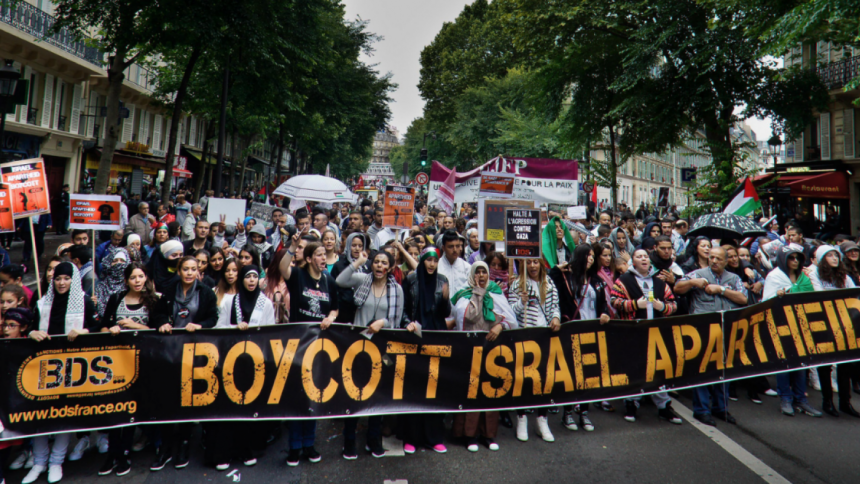
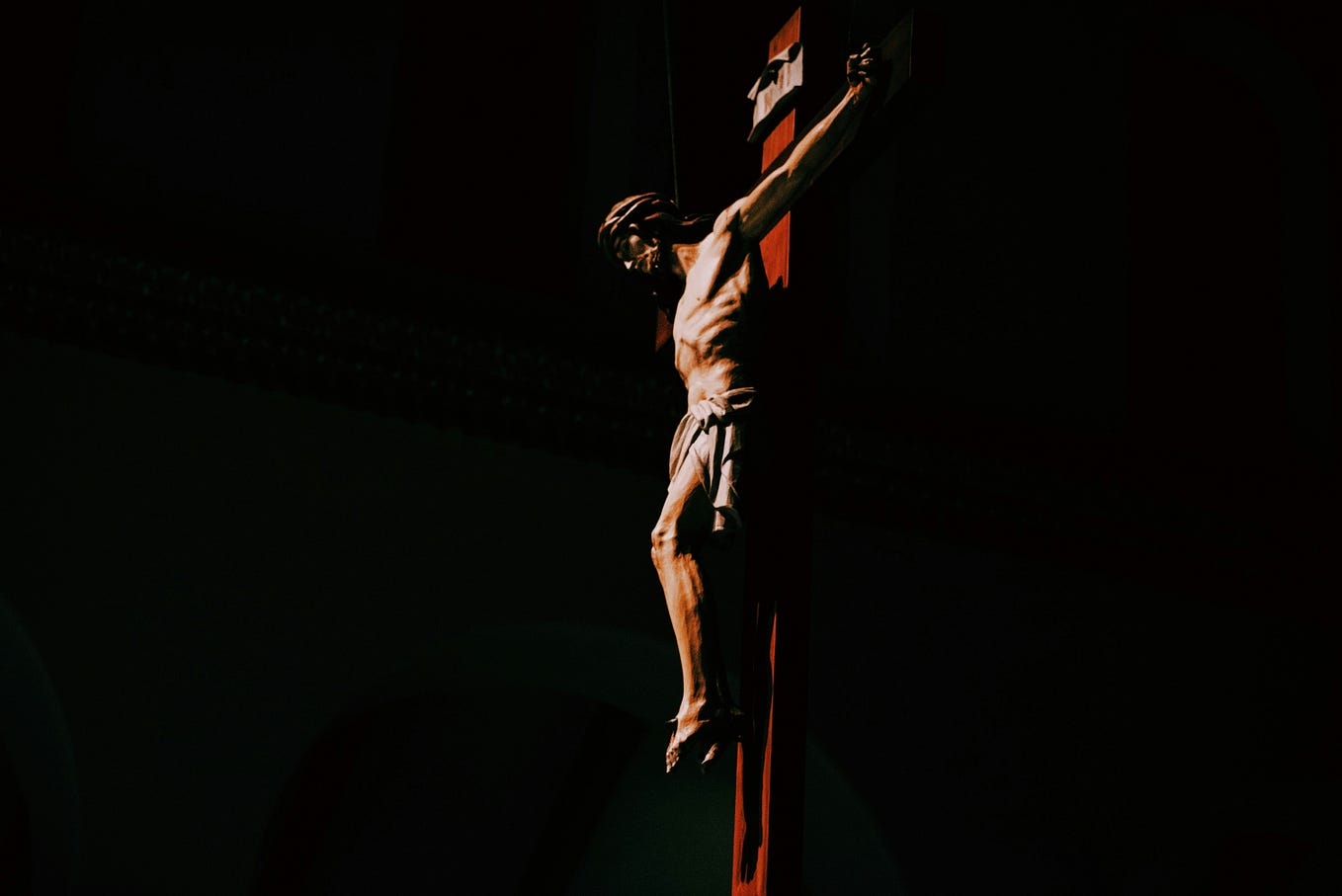
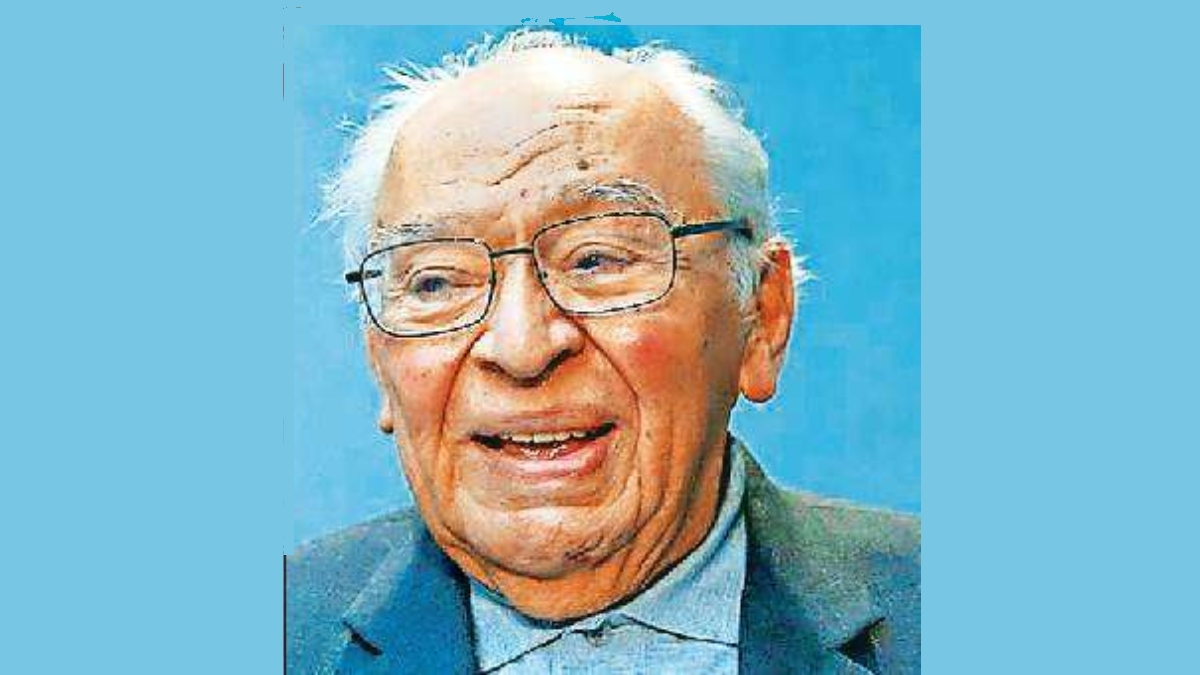
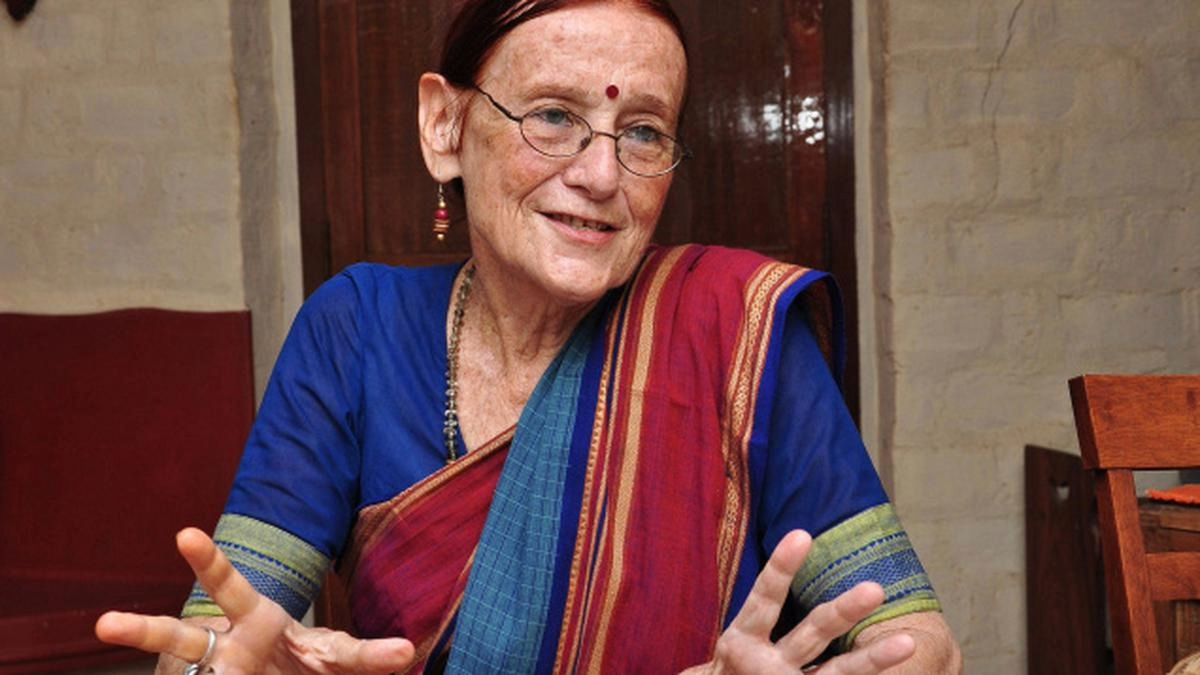
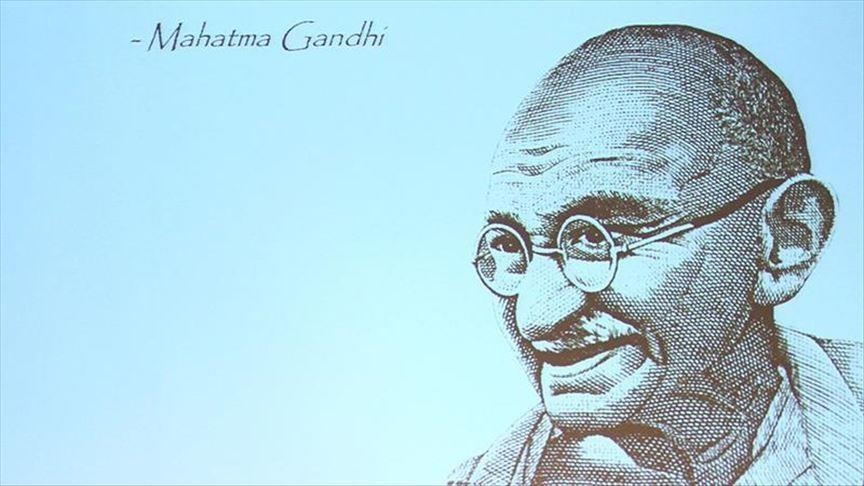
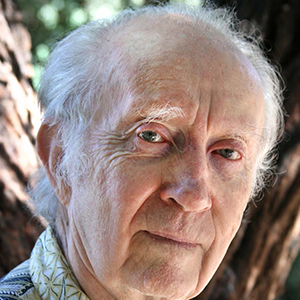
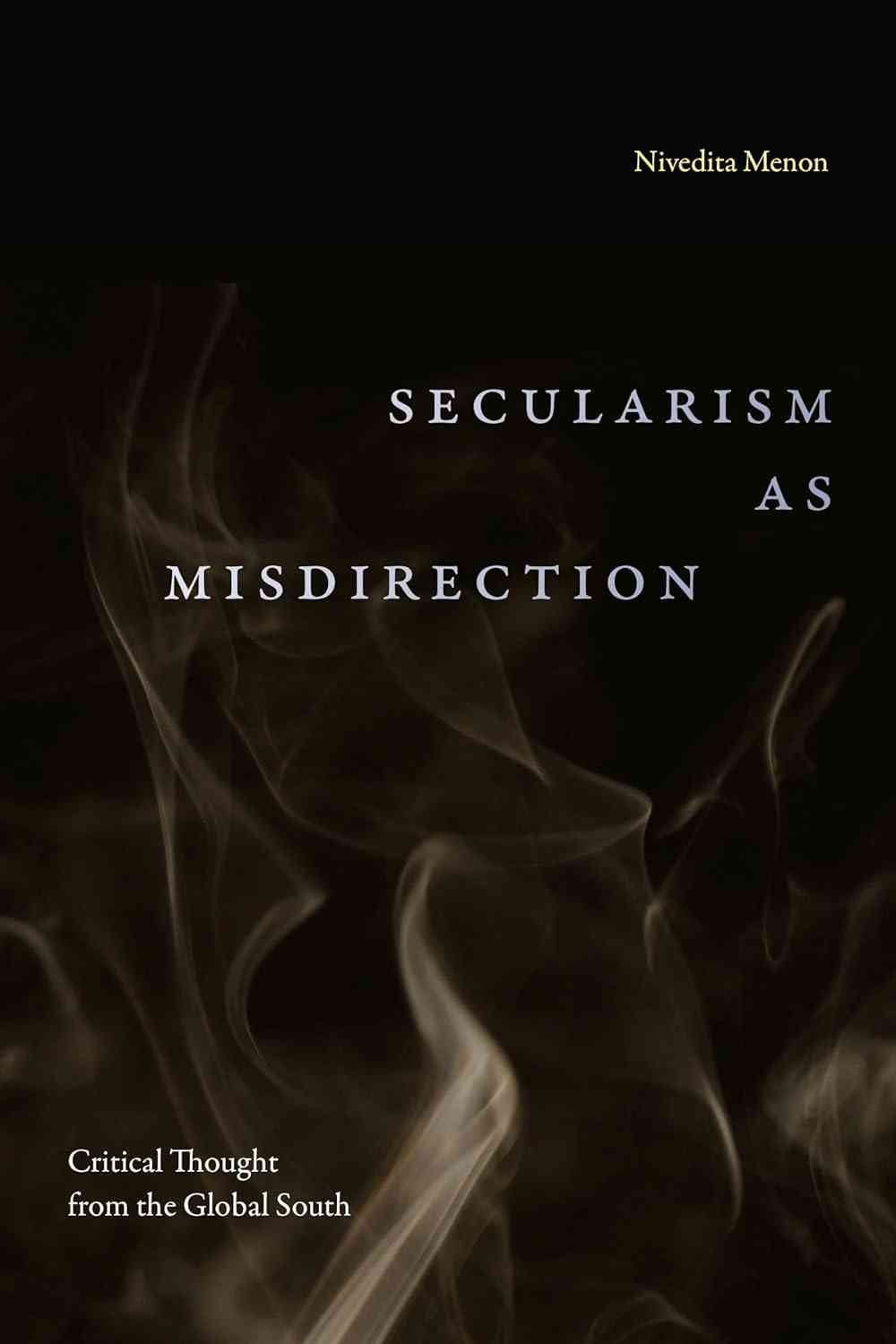
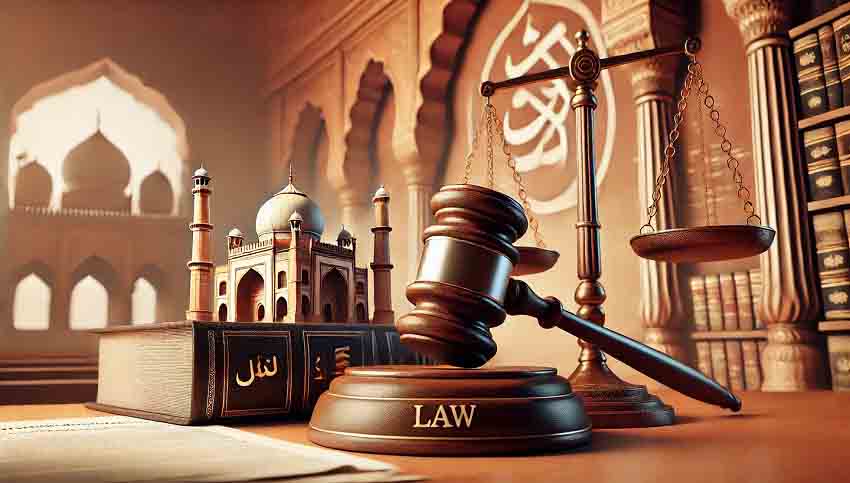
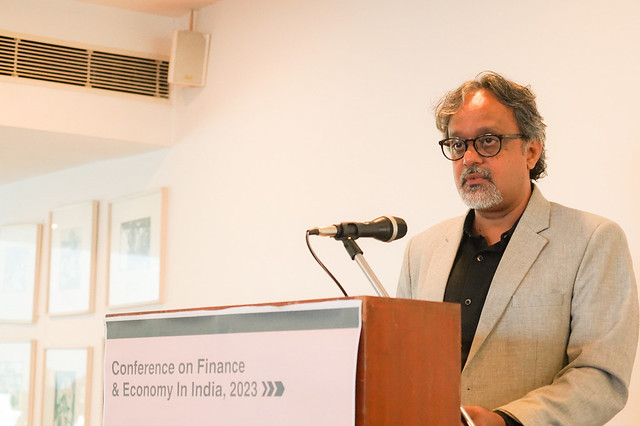


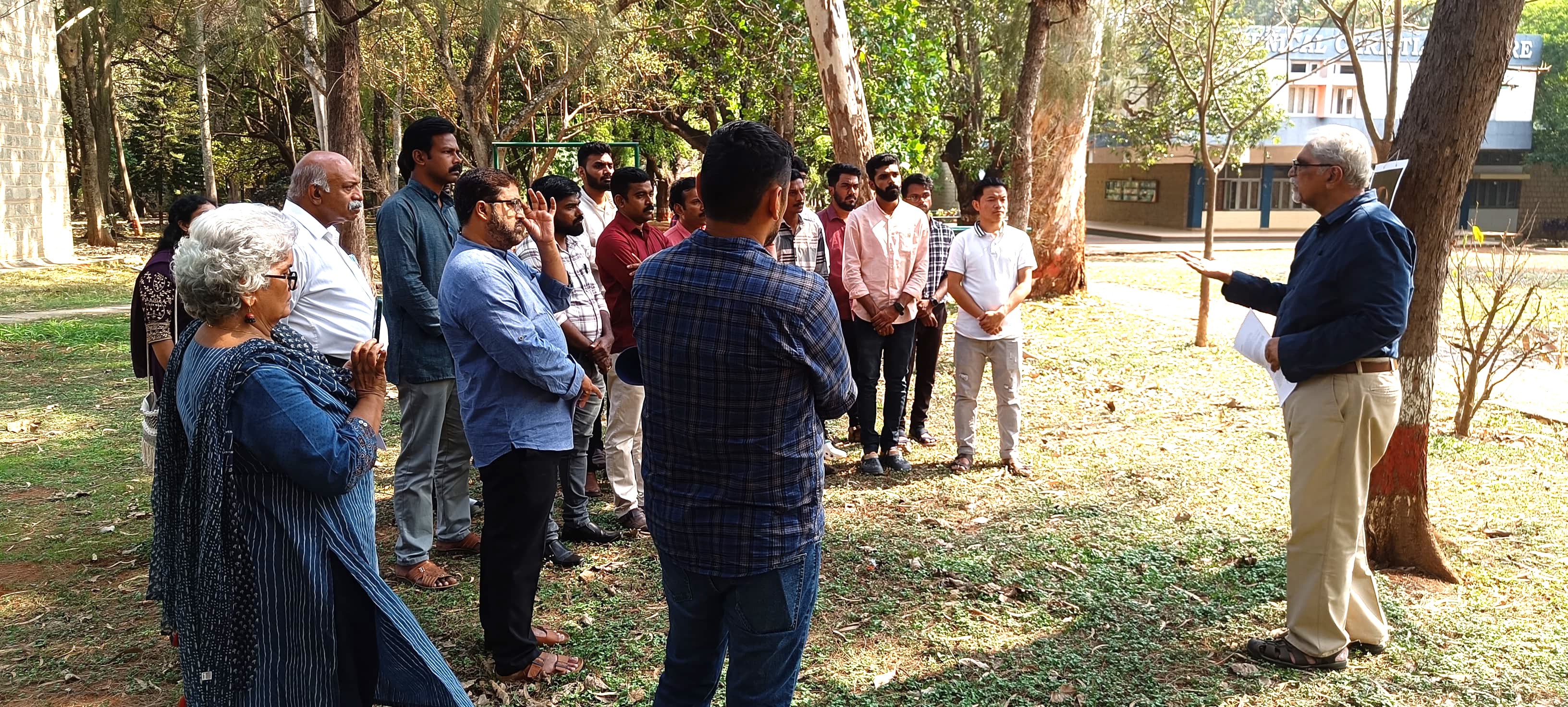

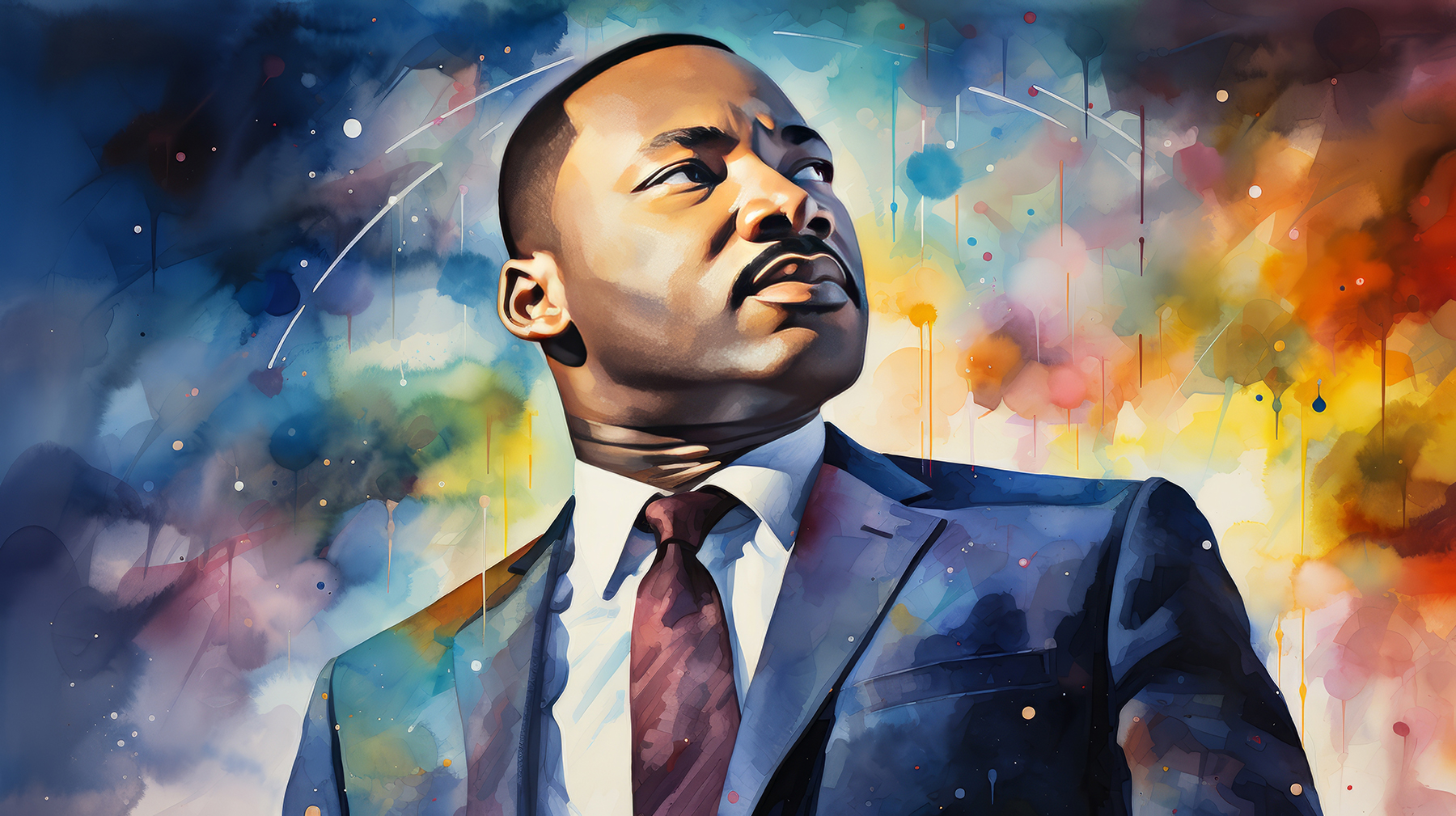
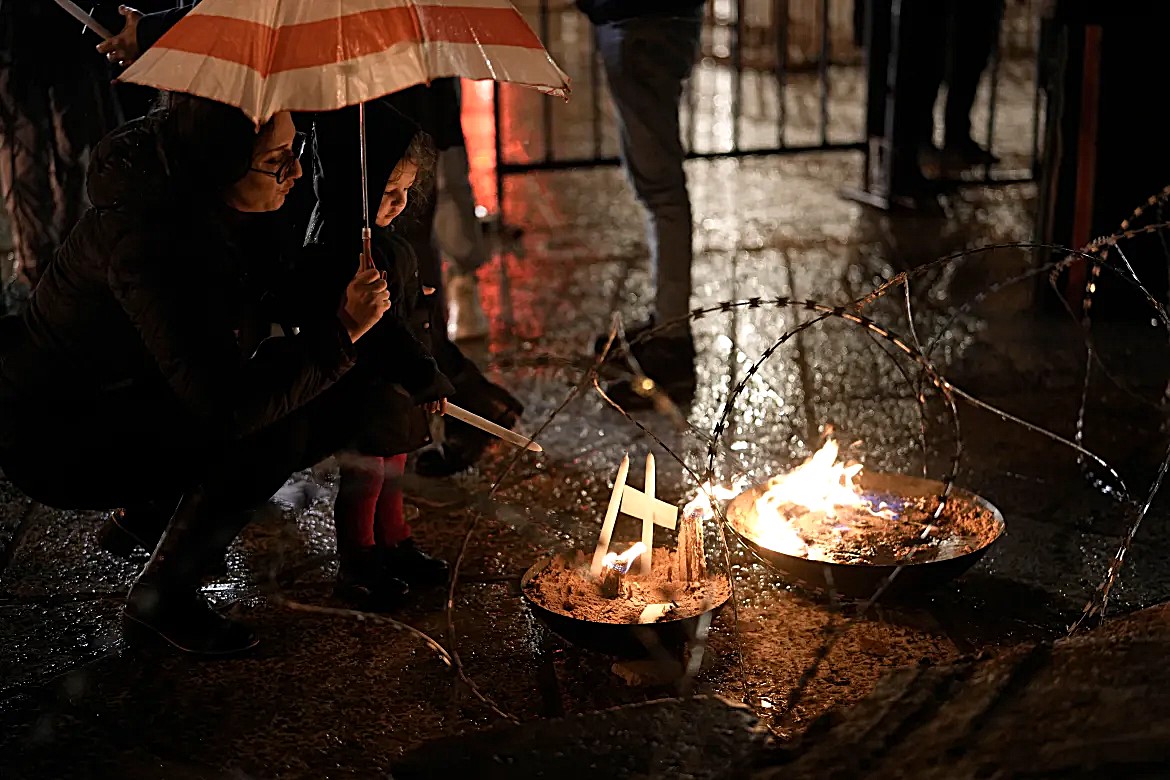
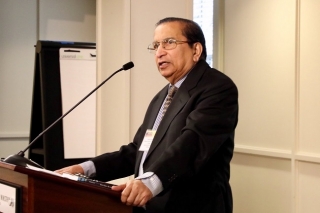


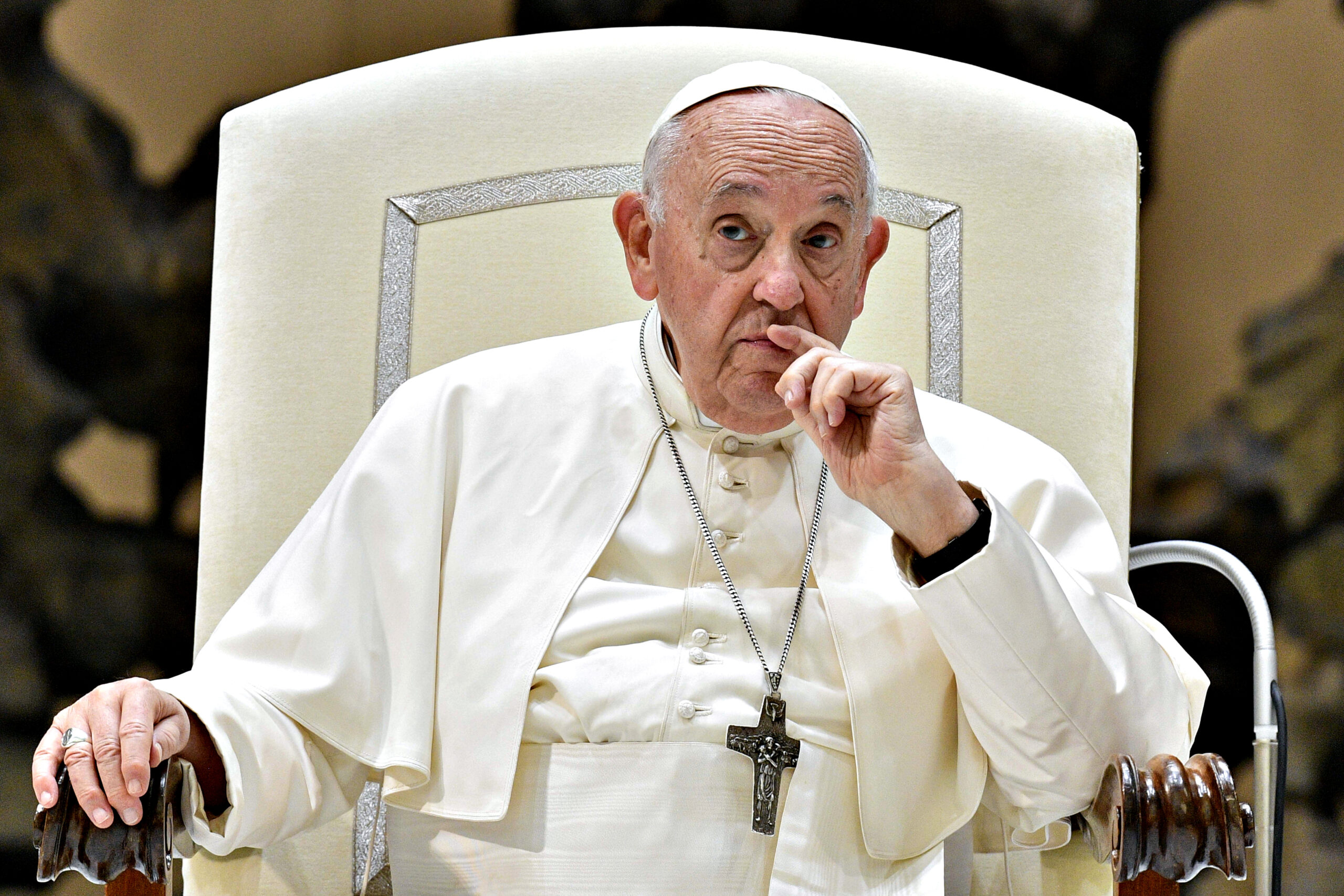
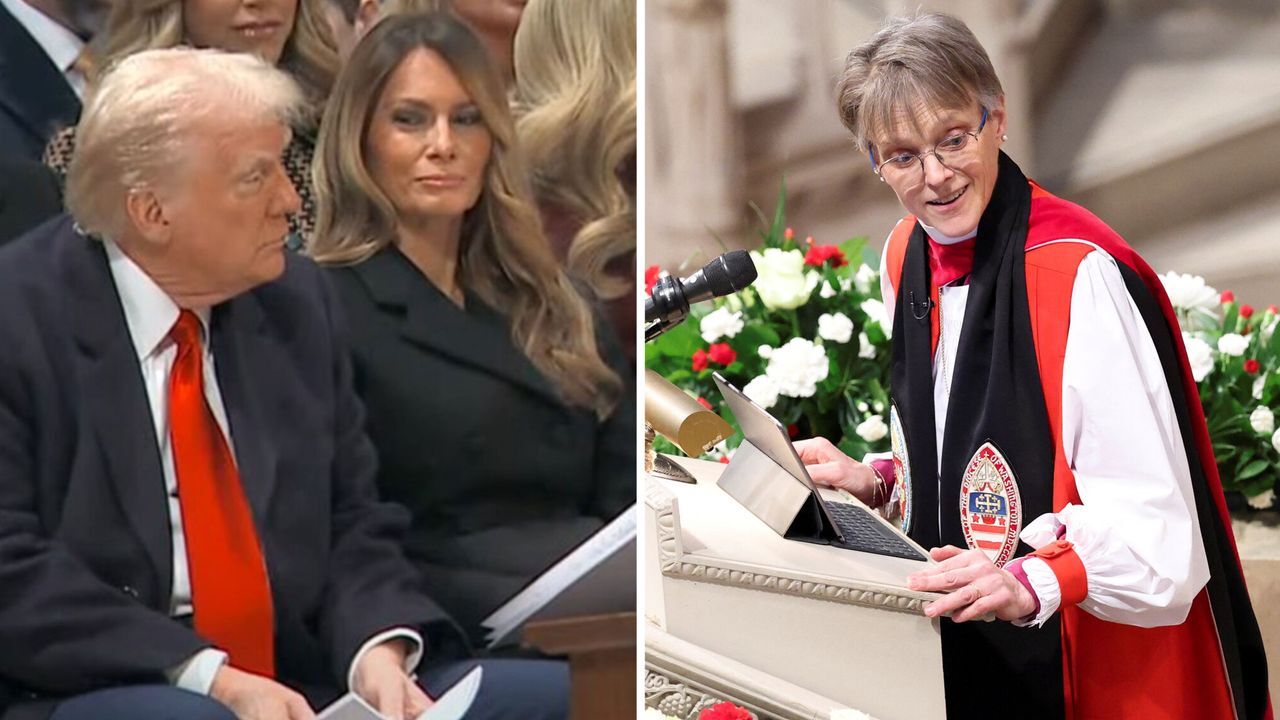

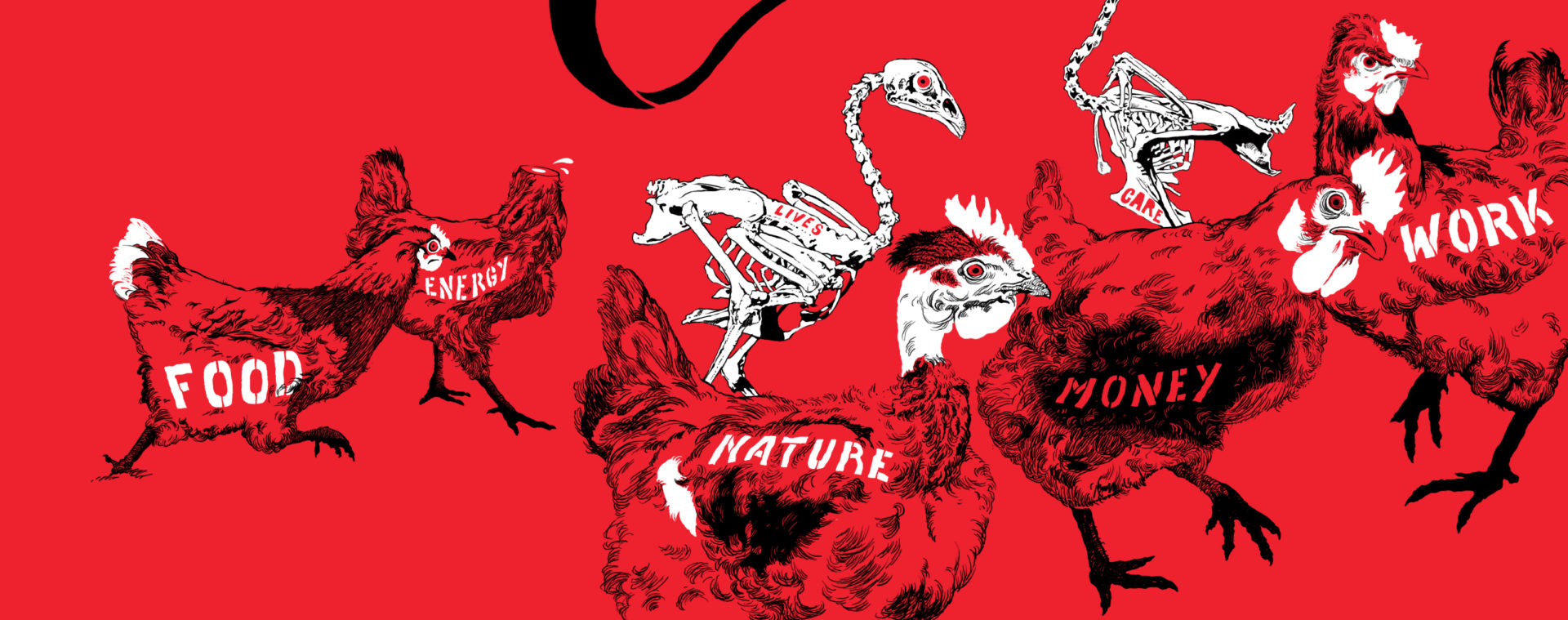
Comments
No Comments